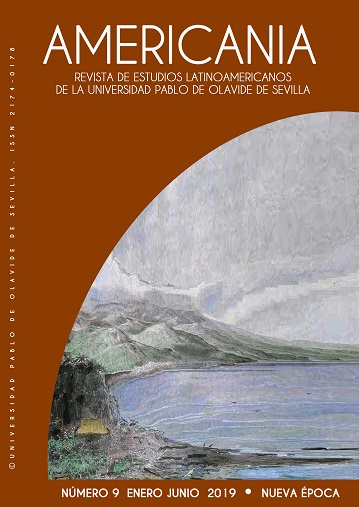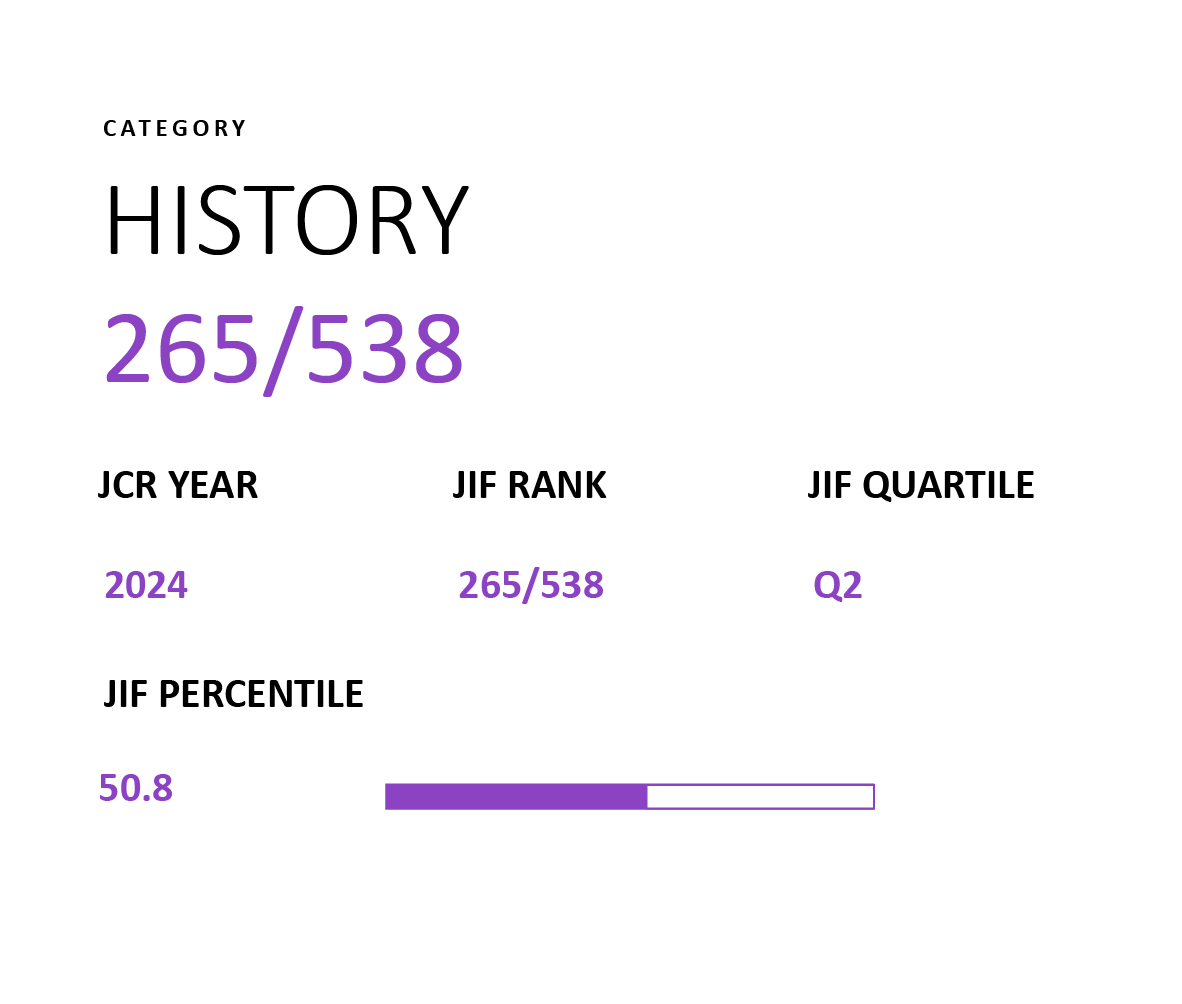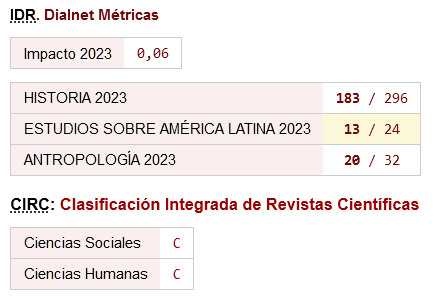Trujillo Armistice: Uncertainties and hopes of a route of conciliation in the wars of Independence of Venezuela
Abstract
The purpose of this work is to examine, on the occasion of the commemoration of the Bicentennial of Independence, the effects of the Trujillo armistice signed in November 1820 between the Spanish government and the republican government, and to observe in detail the proceedings of delimitation of territories and consequences derived from the early resumption of hostilities in the provinces of Venezuela. Although during this truce phase it was not possible to advance the peace negotiations, it is important to point out that an atmosphere of distension generated by the signing of the war regularization treaty was created, which meant a turning point in the middle of a bloody struggle and prolonged over a decade. After all, while the Spanish forces weaken, the Republicans consolidate their army and social support with what they achieve in the months following the liberation of Caracas. This treaty to suspend hostilities served as a humanitarian precedent and as a reference for other later conciliation channels, such as the capitulations of the Maracaibo and Puerto Cabello squares.
Downloads
Downloads
Published
How to Cite
Issue
Section
License
Unless otherwise indicated, all contents of the electronic edition are distributed under a "Creative Commons Attribution-NonCommercial-ShareAlike 4.0" (CC-BY-NC-SA) licence. (CC-BY-NC-SA). You can consult the informative version and the legal text of the licence here. This must be expressly stated in this way when necessary.
In any case, the authors retain all rights to the published texts.










